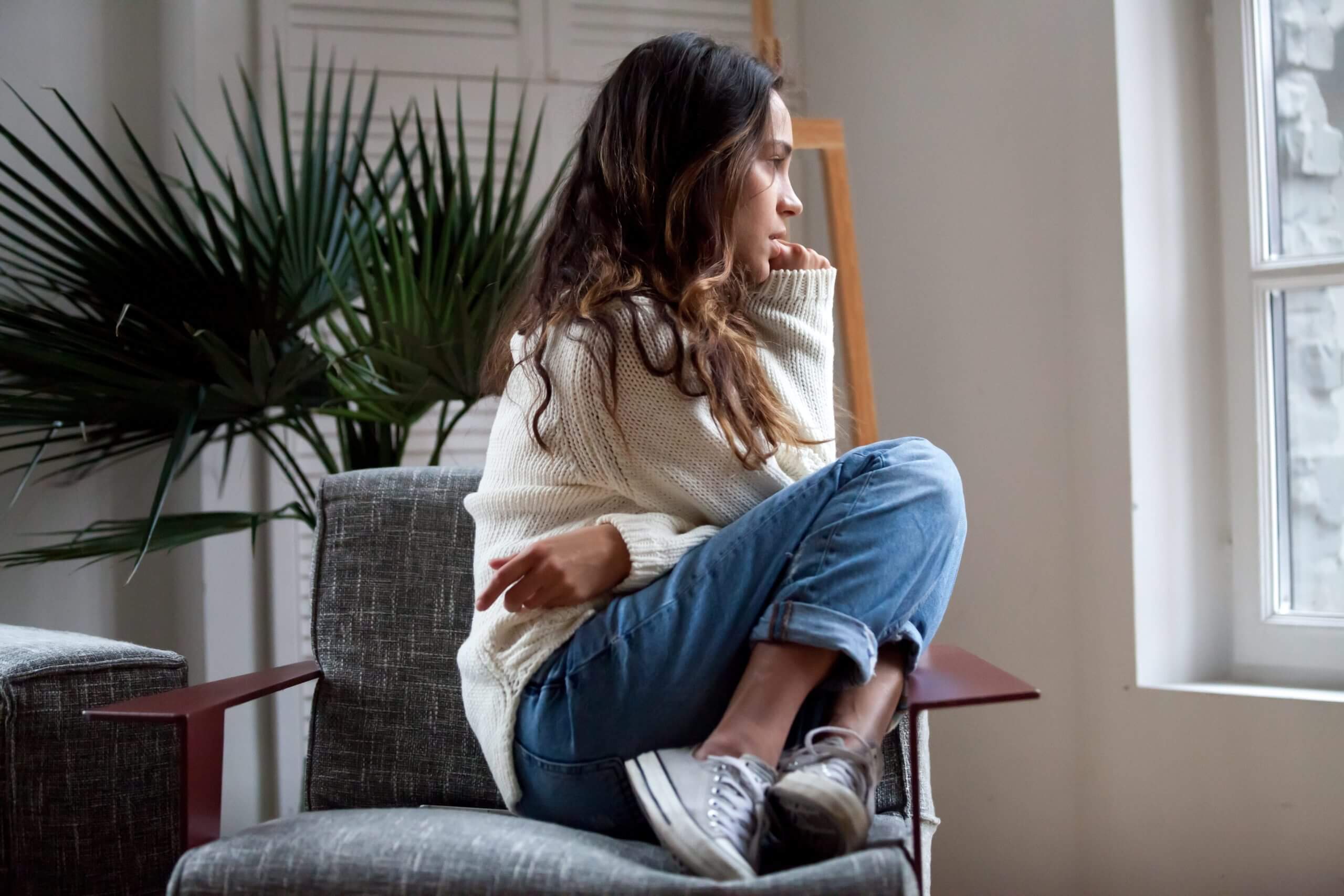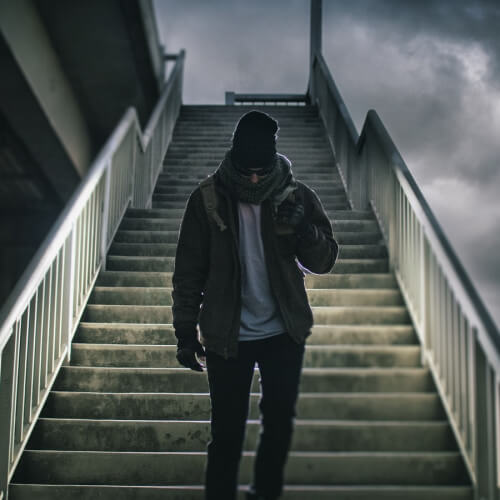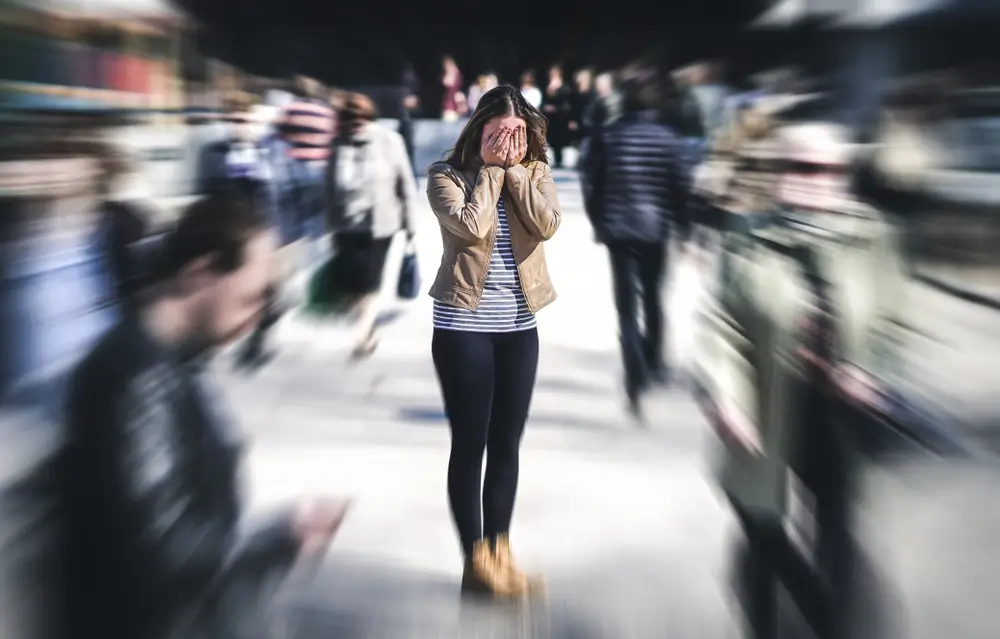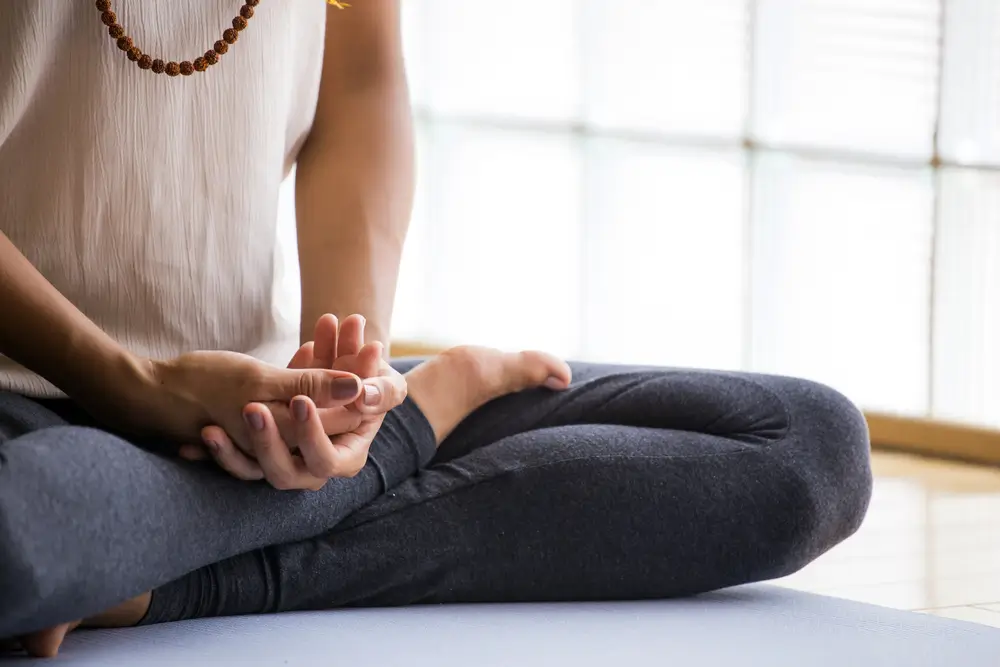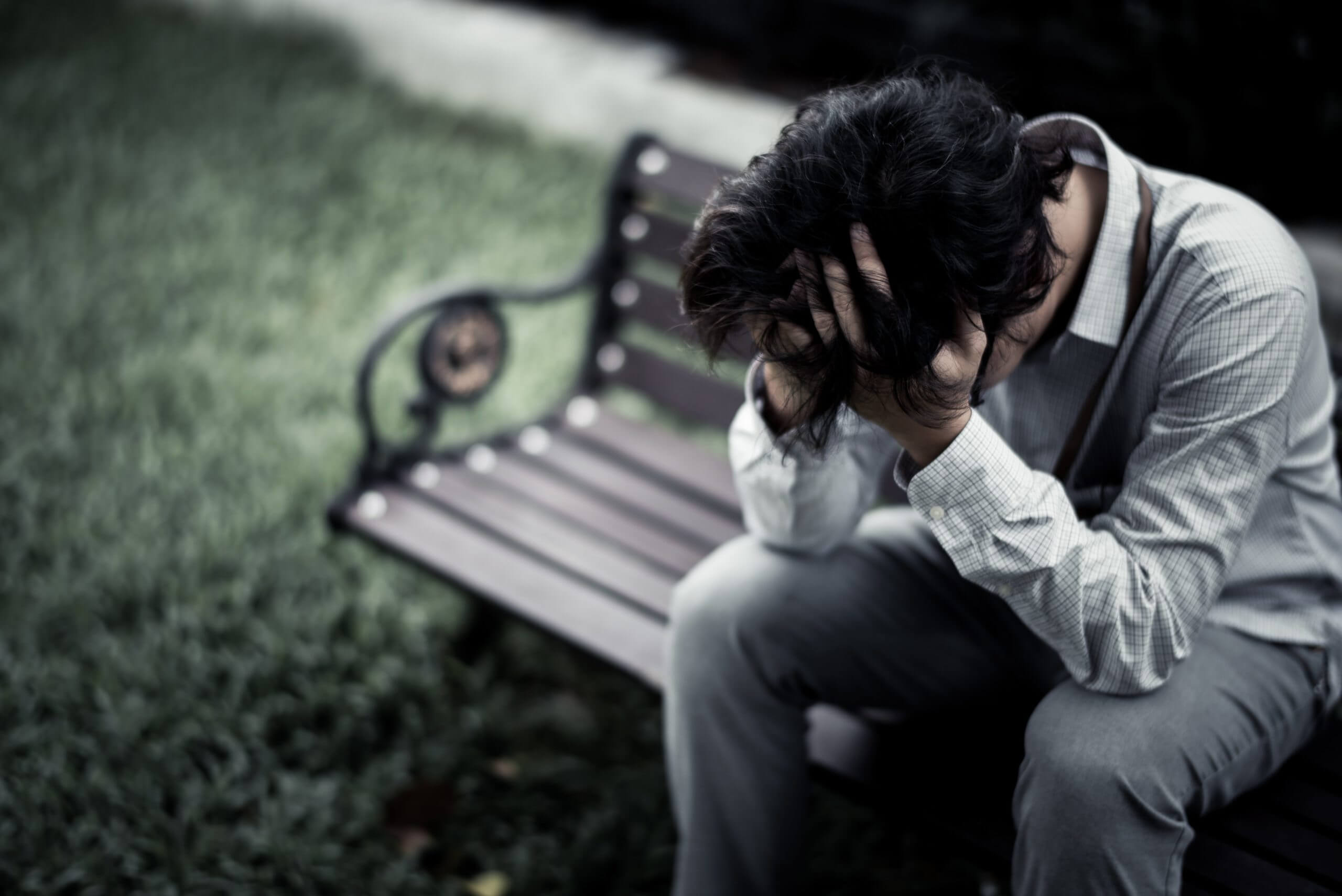
Anxiety Treatment in Los Angeles
Anxiety disorders are among the most common mental health issues in America. Young adults with anxiety disorders can struggle to find fulfillment in their vocational, academic, or social lives. However, anxiety disorders can be treated effectively with therapy, holistic approaches, and medications. Launch Centers of Los Angeles, CA, can help young adults cope with anxiety symptoms and thrive into adulthood.

Anxiety Disorder Treatment in Los Angeles
If you’re constantly experiencing anxiety, it might be time for anxiety treatment. Feeling anxious or scared when something is either mentally or physically terrifying is a common response among young adults. In fact, it’s perfectly normal and is often referred to as the fight-or-flight response –– a physiological reaction that is triggered by the release of hormones that prepare the body to either stay and deal with a threat or to run away to safety. But there’s a huge difference between having bouts of anxiety from time to time and having a full-blown anxiety disorder.
Anxiety disorders are the most common mental health concern in the United States:
- Approximately 40 million American adults — roughly 18% of the population — have an anxiety disorder, according to the Anxiety and Depression Association of America
- An estimated 31.9% of adolescents ages 13-18 have any type of anxiety disorder
- Nearly one-half of individuals diagnosed with depression are also diagnosed with an anxiety disorder
- Anxiety disorders are highly treatable, yet only 36.9% of those suffering receive treatment of any kind
Tasks that seem simple to most people, can be impossible for those with anxiety. Tasks such as going to the grocery store, going into crowded areas, or simply showing up for a class or for work. Being a young adult, trying to find your way in the world is hard enough. Trying to navigate that while battling anxiety, is altogether frightening.
Causes and Symptoms of Anxiety
Generalized Anxiety Disorder (GAD)
Up to about 9% of people will develop Generalized Anxiety Disorder in their lifetime, with women twice as likely as men. The following symptoms tend to be chronic, lasting at least six months and can interfere with a person’s daily activities:
- Excessive & unrealistic worrying, with inability to control it
- Difficulty falling or staying asleep
- Easily startled or scared
- Difficulty concentrating or the mind goes blank
- Sweaty palms, shaking, and rapid heartbeat
Panic Disorder
Panic disorder typically first occurs in the late teens or early adulthood and is characterized by feelings of intense fear that begin suddenly, often with no warning.
Common symptoms include:
- “Racing” heart
- Chest pains & difficulty breathing
- Feeling weak, faint, or dizzy
- Tingling or numbness in the hands and fingers
- Sense of terror, or impending doom or death
- Feeling sweaty or having chills
- Feeling a loss of control
Obsessive-Compulsive Disorder (OCD)
The National Institute of Mental Health defines OCD as a common, chronic, and long-lasting disorder in which a person has uncontrollable, recurring thoughts or compulsions that he or she feels the urge to repeat over and over, even when they are deemed excessive. The symptoms can be so severe that they interfere with work, school, and personal relationships.
Examples of compulsions:
- Spending a lot of time washing or cleaning for fear of contamination or dirt
- Needing things orderly and symmetrical
- Excessive double-checking of things, such as light switches, appliances, and locks
- Counting, tapping, repeating certain words
Examples of obsessions:
- Fear of losing control and harming yourself or others
- Intrusive sexually explicit or violent thoughts and images
- Excessive attention to something considered lucky or unlucky
Social Anxiety Disorder
Typically beginning in the early to mid-teens, social anxiety disorder affects approximately 15 million American adults and is the second most commonly diagnosed anxiety disorder following specific phobia.
Common symptoms include:
- Intensely worrying about social situations
- Avoiding meeting new people or trying to blend into the background to not be noticed
- Needing alcohol or drugs to face a social situation
- Worrying about acting or appearing visibly anxious
Anxiety Disorder Treatment Approach
An anxiety disorder can be managed in many ways, including medication, psychotherapy, or a combination of medication and therapy. Medication can be an effective treatment for anxiety disorders. Selective serotonin reuptake inhibitors (SSRIs) and benzodiazepines are commonly used medications for anxiety. SSRIs are antidepressant medications that work by regulating the levels of serotonin in the brain. They are often prescribed for generalized anxiety disorder, panic disorder, and obsessive-compulsive disorder. Benzodiazepines, on the other hand, are sedative medications that can provide immediate relief from anxiety symptoms. However, they can be addictive and should be used with caution. Some common types of medications are:
Medications for Anxiety
SSRI Antidepressants → the most commonly prescribed drugs for panic and offer fewer side effects than the tricyclic antidepressants (i.e., earlier class of antidepressants)
- Prozac (fluoxetine)
- Zoloft (sertraline)
- Paxil (paroxetine)
- Lexapro (escitalopram)
- Celexa (citalopram)
Benzodiazepines → fast-acting tranquilizers that calm the body by binding with GABA receptors
- Xanax (alprazolam)
- Klonopin (clonazepam)
- Valium (diazepam)
- Ativan (lorazepam)
Buspirone → mild tranquilizer that acts on serotonin receptors and causes less sedation than benzodiazepines
Therapy Options for Anxiety Treatment
It’s important to note that therapy options for anxiety treatment may vary depending on the individual’s specific needs and preferences. It’s also common for individuals to receive a combination of therapy options to effectively manage their anxiety symptoms. If you or a loved one is struggling with anxiety, it’s important to seek professional help and find a therapy option that works best for them. Some therapy options are:
Finding Anxiety Disorder Treatment in Los Angeles, CA
At Launch Centers, we understand that anxiety can be challenging to manage and treat, and we are committed to helping individuals develop a treatment plan that caters to their unique needs. Our team of mental health professionals offers evidence-based treatment options that have been proven to be effective in managing anxiety disorders. Our goal is to help individuals manage their anxiety symptoms and improve their overall quality of life. We offer a safe and supportive environment where individuals can receive personalized treatment that addresses their unique needs and concerns.
If you or someone you know is struggling with anxiety, don’t hesitate to reach out to us at Launch Centers. We can help develop a treatment plan that is tailored to your needs and can support you in your journey toward recovery.
